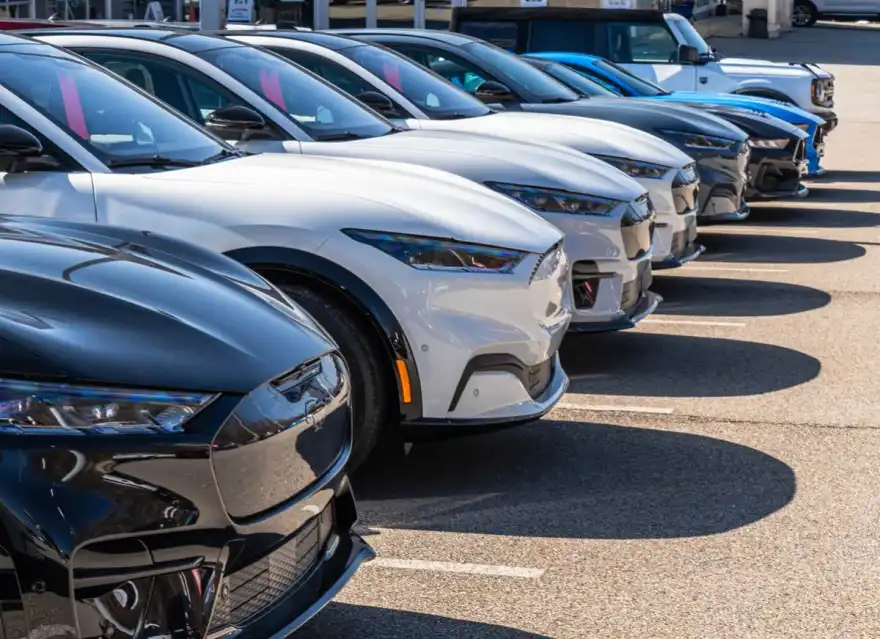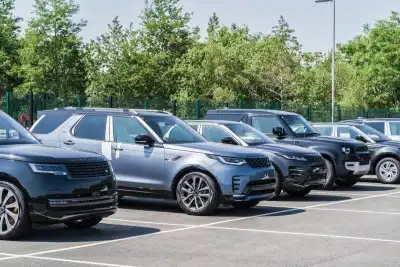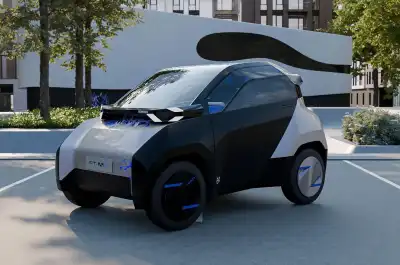
All car manufacturers met the Government's 2024 Zero Emission Vehicle (ZEV) mandate, despite early concerns they wouldn't, according to recent data. This mandate requires car brands to sell a certain percentage of battery electric vehicles (BEVs) each year. In 2024, the target was 22%, and this will increase annually, reaching 100% by 2035.
Manufacturers who miss the target face a hefty £15,000 fine per vehicle sold below the required amount. However, new data from Transport & Environment shows that all manufacturers met the 22% target for 2024, avoiding penalties. Only one manufacturer, Suzuki, needed to buy compliance credits to make up for any shortfalls.
While the government hasn't officially confirmed that all manufacturers have met the target, companies like Stellantis and Ford have already reported their success. The official announcement is expected later this year.
Some manufacturers, like Hyundai, Stellantis, and BMW, met the targets by increasing their EV sales and reducing emissions from their combustion engines. Others, like Volkswagen, Toyota, and Ford, will need to use credits from future years or purchase them from manufacturers who exceeded the target.
Transport & Environment stresses that the ZEV targets should remain tough to keep driving EV development in the UK. They are concerned that weakening the mandate could result in cheaper EV models being directed to other markets, potentially undermining £23 billion in UK EV investments.
In December, the government launched a consultation on the ZEV mandate, considering changes that could relax the rules. Manufacturers, including Stellantis, have met with the government to push for more flexibility, even though they avoided fines this year.
While manufacturers avoided penalties, some were accused of using tactics to hit EV sales targets. These included:
- Slashing Prices: Some brands, like Lexus, lowered prices by thousands of pounds to make EVs more affordable, ensuring they met the mandate.
- Motability Scheme: The Motability Scheme, which helps disabled people lease cars, saw a rise in EV sales. Manufacturers offered large discounts to attract customers to electric cars.
- Dealership Demonstrators: Dealerships used test drive models as a way to boost EV sales figures. These cars counted towards the mandate's target.
- Withholding Deliveries: Some manufacturers delayed the delivery of petrol and diesel vehicles to focus on meeting the EV sales targets.
Despite the tactics, the industry managed to meet the requirements for 2024, with many relieved to avoid the fines. However, the pressure is expected to increase as the targets become stricter in the coming years.




